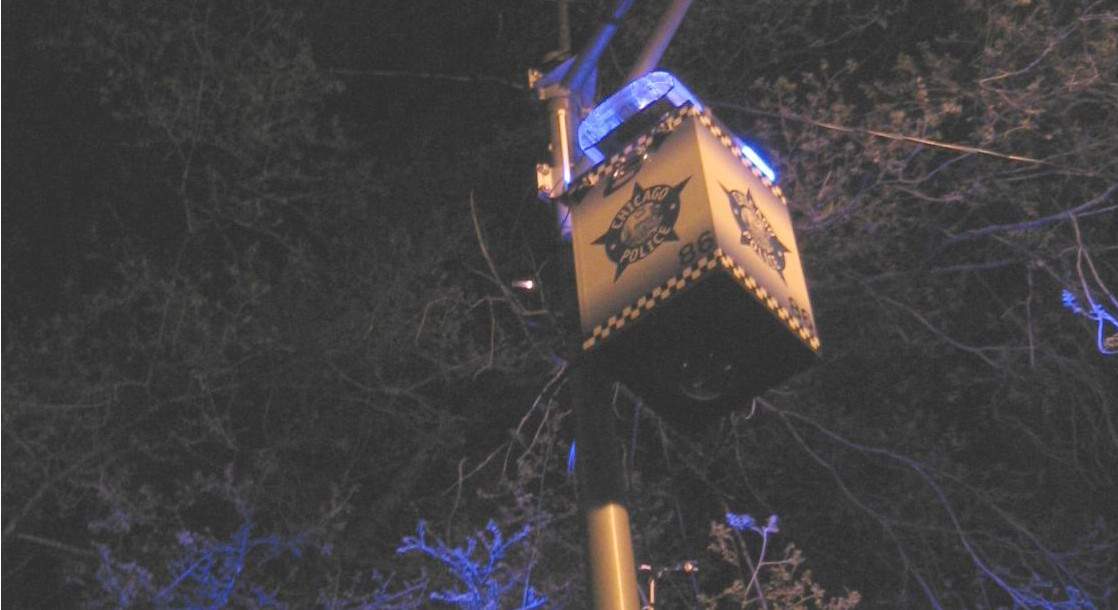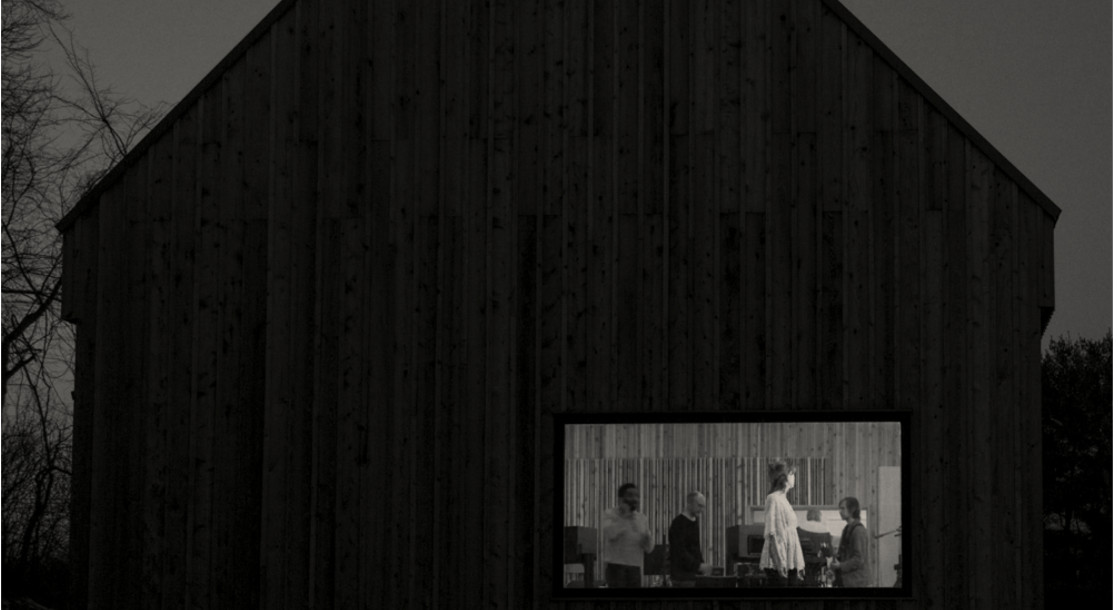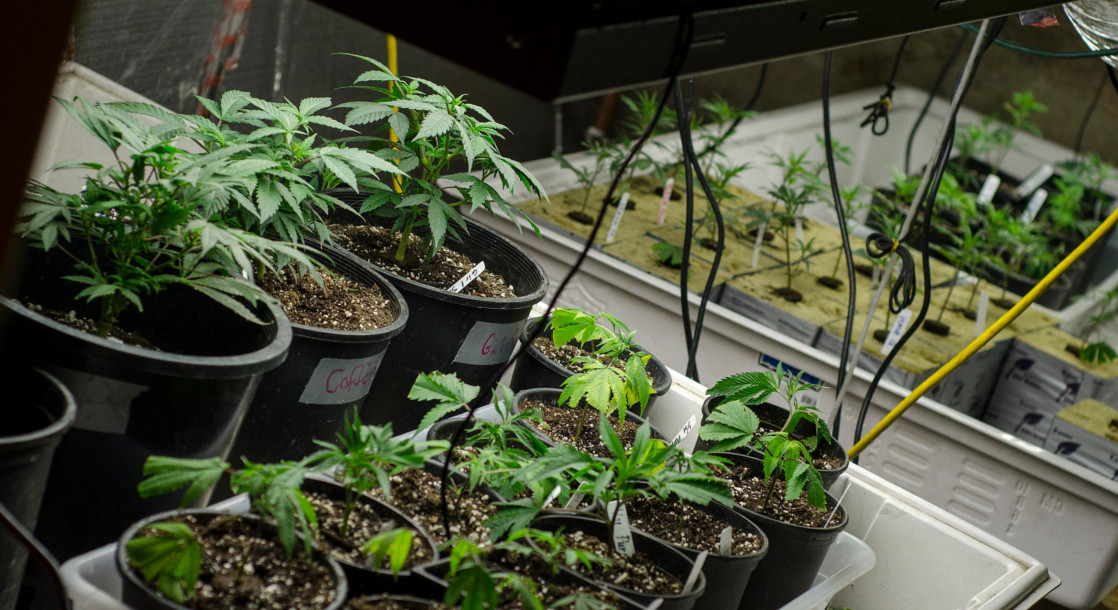The Chicago Police Department has been at the center of a number of corruption scandals over the past year, from the failed cover-up of the shooting of Laquan McDonald to accusations of torture at the Homan Square “black site.” A new investigation into the CPD's civil forfeiture program has now revealed that cops have been using money seized from citizens to purchase controversial surveillance equipment.
Civil forfeiture is a legal process by which cops and prosecutors can permanently keep any cash, vehicles, or other assets seized during a police investigation. As long as the police believe that the assets are tied to a crime, they are allowed to keep the property – even if the rightful owner of the property has not been arrested or even charged with a crime.
The Chicago Reader, along with Muckrock and the Lucy Parsons Lab, filed multiple Freedom of Information Act requests to uncover the full scope of the CPD's civil forfeiture program. Journalists obtained over 1,000 pages of documents, including internal emails, ledgers, and purchasing records. Records show that the department has raked in around $72 million in assets via civil forfeitures since 2009. Out of that sum, the CPD kept nearly $47 million for itself.
The CPD does not account for this income in its official budget, which means that it is not obligated to publicly disclose how the money is spent. This fund of forfeiture cash is not scrutinized by the Chicago City Council, which enabled the department to buy controversial surveillance gear without public knowledge. The CPD has spent over $400k on cell-site simulator technology, popularly known as Stingray devices, that allow cops to block or intercept individuals' private phone calls without a warrant.
Ben Ruddell, policy lawyer for the American Civil Liberties Union of Illinois, is currently working to draft a bill that would reform the city's civil forfeiture laws. "Other states have passed legislation to mitigate this incentive by requiring forfeiture income to go toward the general operating budget of the municipality or state, or into special funds for education or drug treatment," he said. "As it stands, CPD is free to use its forfeiture income at will, and outside of the public eye."











